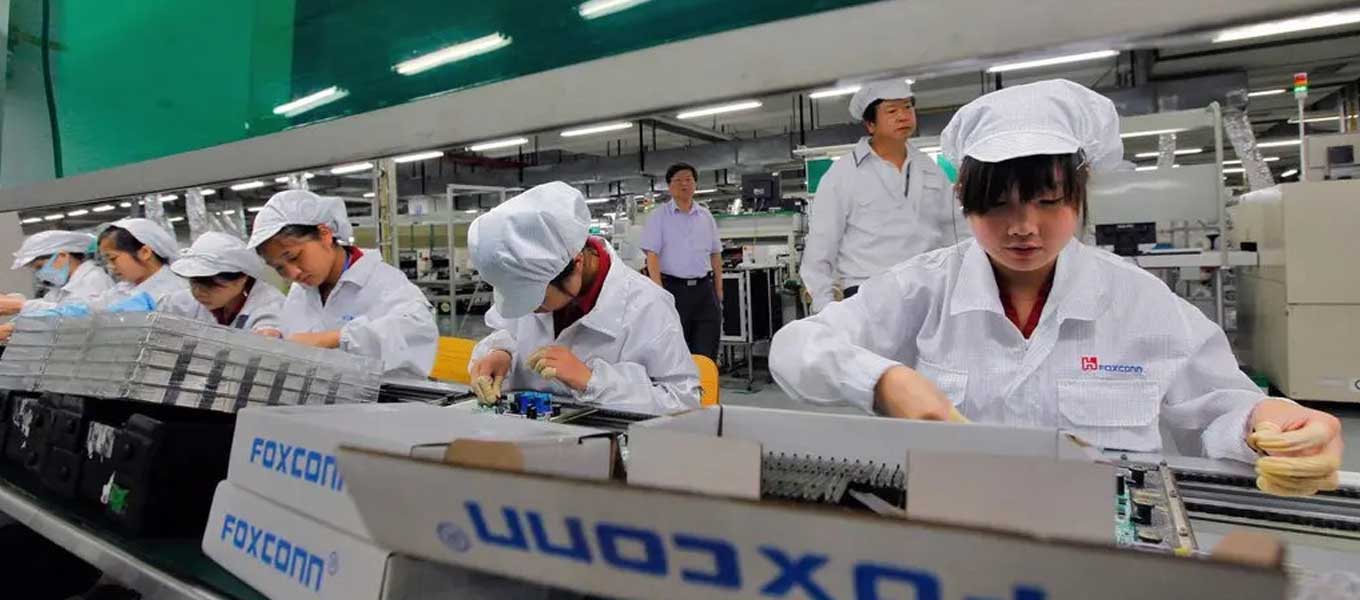China's Covid policy
It is hard to determine whether the country's latest Covid stance will prevent Beijing from abandoning its universally despised "zero Covid" policy. We can only mention a couple of the headlines, such as one that states Beijing is trying to downplay the seriousness of the disease and another that says vaccination for elderly people is being aggressively promoted.
According to some reports, the sudden change could be related to some rare protests following a fire in western Xinjiang, which left ten people dead. Some believe Covid regulations contributed to the tragedy. At the same time, others say cars were blocking entry for the fire service, and new information could emerge even before you read this. It may be that China is finally on the verge of winding down its long-standing policy.
The latest economic indicators, released on November 2nd, revealed that the purchasing manufacturers' index (PMI) and the Caixin PMI fell into negative territory for November. The official PMI, which heavily favors state-owned companies, dropped to 48.2 for the month, while the Caixin index for private enterprises was 49.3.
While the indexes fluctuate monthly, both have been under fifty for several months, indicating a declining economy. Yet, despite most negative indicators, China's economy has continued to report growth each year, so what's happening here?
Possible relaxation
Chinese stocks recovered their footing last week after a three-week winning streak ended two weeks ago, thanks to renewed optimism that Covid restrictions will be relaxed. As a result, the Hang Seng China Enterprises Index (HSCEI) rose 6.9% the week, the iShares MSCI China ETF (MCHI) climbed by 12.3%, and the Hang Seng Index was up 6.4%. Hopefully, China will soon end its Covid restrictions that have ruined the lives of individuals and businesses, leading to a rally that could continue for a few more weeks.
EV market
The figures from China's automobile sector suggest a sharp reduction in sales in the upcoming months. In the first three weeks of November, sales of vehicles from factory to dealer declined by 8.3% from a year earlier, while car dealer inventories ballooned during the month as demand fell.
In a surprising development, Xpeng, a Chinese EV maker, lowered its fourth-quarter forecast for sales by over 50 percent. Consumer sentiment for electric vehicles is waning as government incentives to buy electric cars are about to run out.
Many of China's bigger EV-focused companies, like BYD, Li Auto, and Nio, added double-digits in November; even those gains are reducing from triple-digits. If the market crashes hard, it will be difficult for smaller players like Xpeng to remain competitive or even survive.
More bans for Huawei and ZTE
The US has officially re-banned products from Huawei and ZTE due to security concerns. However, these measures differ from previous ones as it targets almost all goods from the companies, including consumer items like computers and phones, which were exempt last time.
It was understandable for the US to ban networking equipment and consumer products from the two firms because if the US thinks that the two companies' equipment is spying on behalf of Beijing, then also other products the Chinese firms make should be of concern too. Other companies, such as surveillance equipment manufacturer Hikvision, were also banned this time.
iPhone delays
According to news that has been playing out over several weeks, iPhone maker Foxconn is reportedly offering substantial bonuses for workers returning to its gigantic factory in Zhengzhou. Many thousands of Foxconn workers bolted, worried about catching Covid or being locked in the infected facility.
The latest iPhone 14 models have been held up due to these manufacturing disruptions, and the situation has been a PR nightmare for Apple and created a delivery backlog. Apple's recent moves to find alternative production sites outside of China will not help the situation in the short term either.
Property woes
The Chinese property market is still suffering, and Sunac, one of the country's top developers, announced last week that it expects to report a huge loss for 2021.
Unfortunately, you heard that correctly, the company is about to reveal what it expects to report for last year!
The company has been forced to cease trading since March after it failed to publish its 2021 results on time. It is expected to release the long-delayed report as soon as next week, including massive write-offs for unsold properties and unpaid mortgages. We can also look forward to some similarly miserable data this year.
Raising cash in the chip market
Although China's chip producers may be facing a tough time as a result of US sanctions, they are not lacking for cash. Semiconductor Manufacturing Electronics Shaoxing Corp., is being floated in a Shanghai IPO and approved to raise up to $1.7 billion. Beijing has also spent billions of dollars expanding its chipmakers over the last few years by making state-owned funds available. As a result, we suspect a large proportion of the companies that listed in China in the last few years will not survive much longer.




